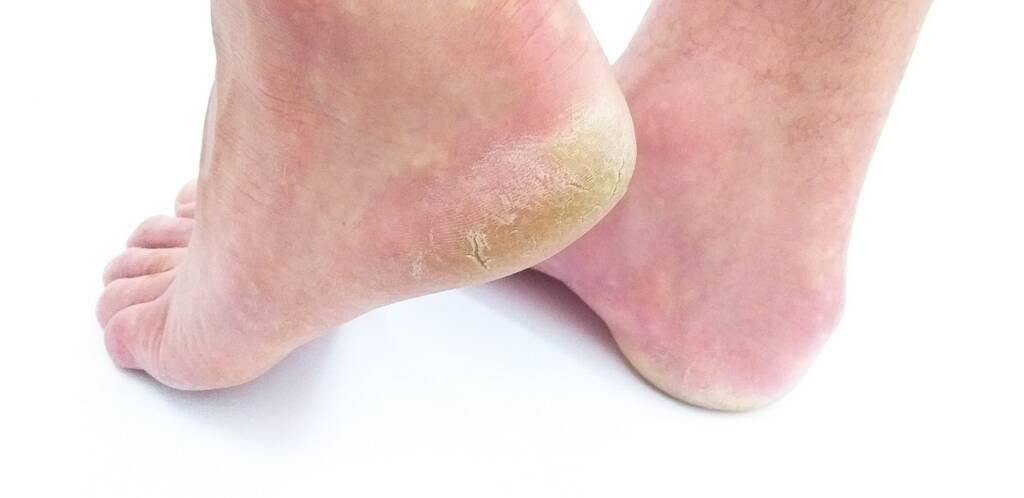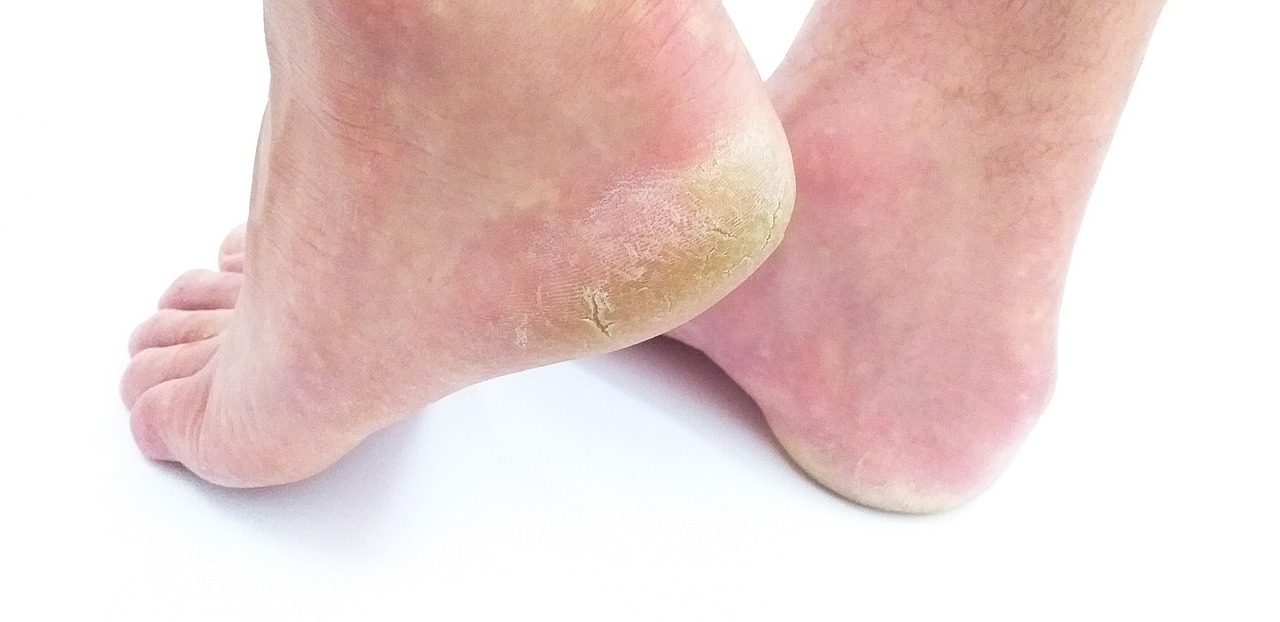What are Cracked Heels?
Cracked heels, medically known as heel fissures, are a common foot condition characterized by dry, thickened skin that can split or crack. Cracked heels can occasionally lead to more serious problems if left untreated. Moreover, this condition is often caused by dryness, lack of moisture, prolonged standing, improper footwear, obesity, aging or certain health conditions. By giving your feet a little more attention, beginning with moisturizing them at least twice a day. To repair cracked heels, that skin needs also nutrition. If you want to know more about nutrition, then read this article, https://sparklinglifestyle.in/nutrition/#
You may experience pain and discomfort, especially while standing, itchiness in the area, bleeding from the cracks, flaky skin, warmth, redness and swelling may be present if there is an infection. If you ignore cracked heels, you may experience, Prolonged pain and discomfort, resulting in more regular debridement, the cracks could deepen resulting in pain and bleeding. You could develop an infection because the deep cracks have become an open wound. This is called Cellulitis. If you are a diabetic, the deep cracks can lead to diabetic food ulcers.
Causes of cracked heels:
Lack of moisture: Insufficient hydration can lead to dry skin, especially on the feet. Taking long and hot showers.
Pressure and friction: Such as, standing for long periods or wearing heel-fitting shoes and exert pressure on the heels, causing them to crack. Hard and unsupportive footwear like open back sandals and shoes. Walking around barefoot as this provides no support for your feet.
Aging: For example, As you age, your skin tends to lose elasticity and becomes drier, making you more susceptible to cracked heels.
Health condition: Conditions like diabetes, Obesity, thyroid disorders, psoriasis, and eczema can contribute to dry skin and cracked heels.

Natural remedies for cracked heels:
Moisturizing: If your condition is minor start by moisturizing your heels 2 to 3 times per day to help relieve your symptoms. Keeping your feet well moisturized is crucial. For example, use thick, hydrating cream or natural oils like coconut oil, olive oil or Shea butter to nourish and soften the skin.
Exfoliation: Such as, Gently exfoliate your heels using a pumice stone or foot scrub to remove dust in cells and promote skin regeneration.
Soaking: Such as, Soak your feet in warm water with added Epsom salt or vinegar to soften the skin and help the exfoliation.
Honey and aloe vera: For example, Create a paste with honey and Aloe Vera gel. Apply it to the cracked heels and leave it on for about 20 minutes. Rinse off and moisturize.
Paraffin wax treatment: Melt paraffin wax, mix it with coconut oil and apply this warm mixture to your heels. Leave it on overnight and rinse in the morning.
Vegetable oil massage: Massage your heels with vegetable oils like sesame, almond and Castor oil. Put on socks afterward to lock in moisture.
Oatmeal and jojoba oil scrub: Mix oatmeal and Jojoba oil to create a thick scrub. Gently massage this onto your heels to remove that skin.
Essential oil blend: Create a blend of essential oils like lavender, chamomile, and tea tree oil with a carrier oil. Massage this into your heels for their soothing and healing properties.
Prevention tips:
Proper footwear: Wear well-fitting, comfortable shoes to avoid excess pressure on your heels.
Stay hydrated: Use a thick moisturizer, such as high urea-based moisturizer, to moisturize your heels and feet daily to keep the skin hydrated and smooth. Drink enough water daily to maintain overall skin hydration.
Healthy diet: Include foods rich in vitamins and minerals like fruits and vegetables to nourish your skin.
Regular foot care: Where stockings and good quality socks went possible. Routinely care for your feet with proper cleaning, moisturizing and exfoliation.
Avoid barefoot walking: Minimize walking barefoot, especially on hard surface to prevent excessive pressure on your feet.
Regular pedicures: Awards running for long periods of time. Consider regular professional pedicures to maintain the health of your feet.
Conclusion:
Remember, consistent care and attention to your feet are essential for preventing and managing cracked heels. If the condition persists or worsens, consult a doctor for appropriate treatment. If you want to know more about nutrition, then follow my Instagram page



Leave a Comment